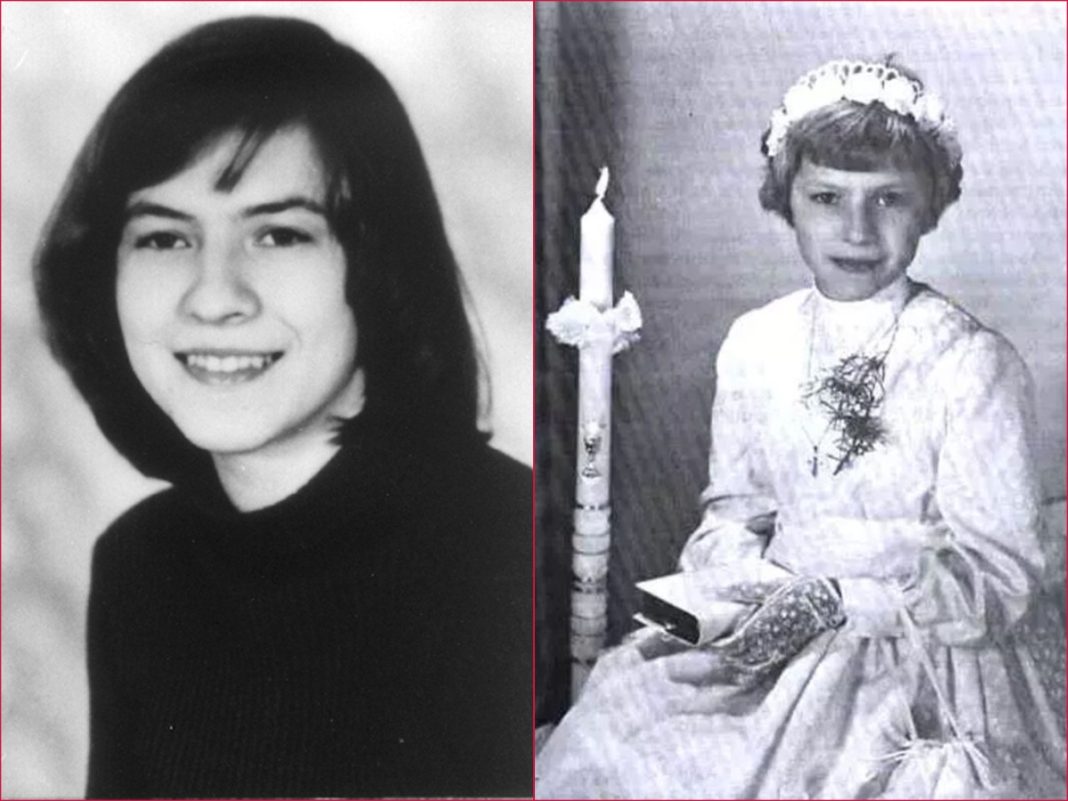In the small Bavarian town of Klingenberg in 1976, a young German woman named Anneliese Michel died after undergoing 67 exorcisms over the course of ten months.
Her death, from malnutrition and dehydration at the age of 23, weighing just 67 pounds, sent shockwaves through her community and continues to provoke questions about the intersection of religion, medicine, and law.
This feature revisits Anneliese Michel’s harrowing story, exploring its implications and the haunting issues at its heart.
A Descent into Darkness
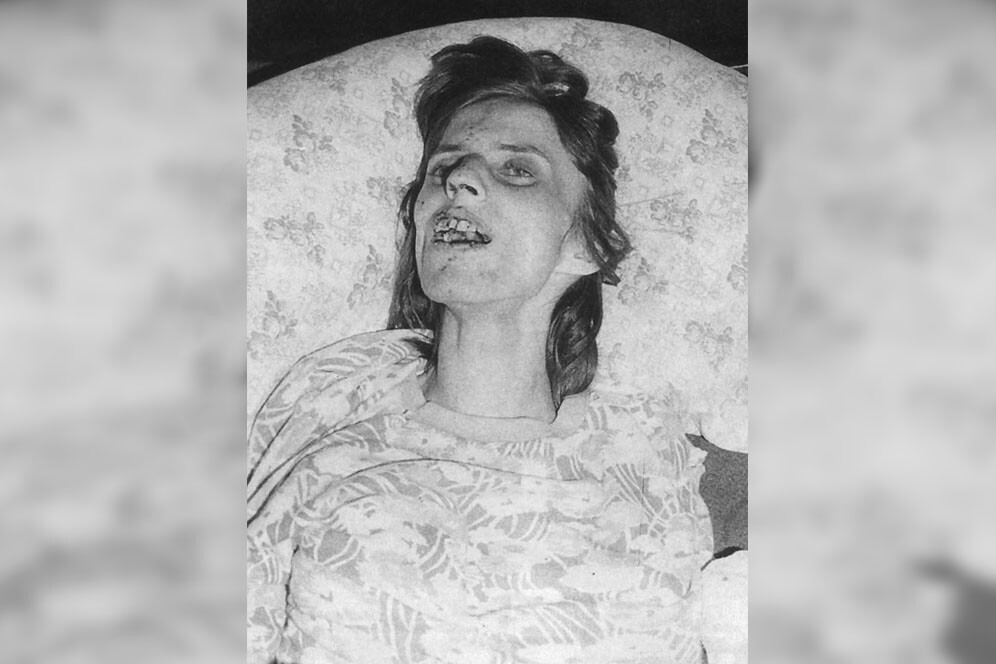
Anneliese Michel was a deeply religious girl raised in a strict Catholic family. Her life took a tragic turn at 16 when she experienced the first of many blackouts, soon followed by convulsions diagnosed as Grand Mal epilepsy.
Her condition deteriorated; Anneliese began to see demonic faces, hear voices, and exhibited aversion to religious symbols. As medical treatments failed to improve her condition, her symptoms grew more alarming, including eating spiders and coal, and drinking her own urine.
The Michel family, convinced that their daughter was possessed by demons, turned to the Catholic Church for help.
Two local priests, Ernst Alt and Arnold Renz, after obtaining permission from the Bishop of Würzburg, commenced what would be a series of exhaustive exorcisms based on the Rituale Romanum, an ancient church ritual.
Between Medicine and Faith
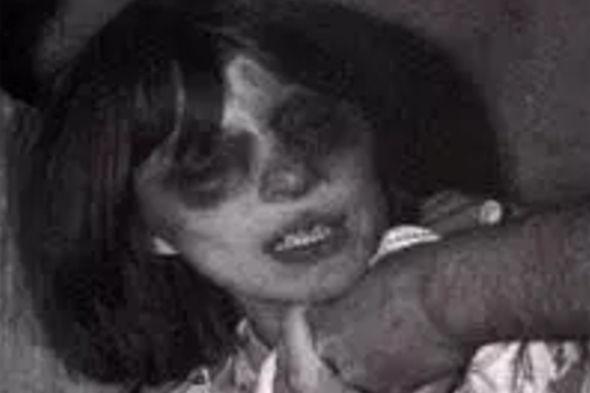
The case of Anneliese Michel presents a stark and troubling clash between medical ethics and religious belief.
Despite her psychiatric diagnoses, which included psychosis possibly triggered by her epilepsy, her treatment increasingly leaned towards the spiritual rather than the medical.
This focus on exorcism rather than intensified medical intervention highlighted significant gaps in understanding and addressing mental health within religious communities.
Doctors who later testified during the trial expressed their frustration and dismay at the abandonment of psychiatric treatment in favour of religious rites.
Yet, those who supported the exorcism argued that Anneliese willingly participated, firmly believing in the religious significance of her suffering.
Legal and Ethical Repercussions
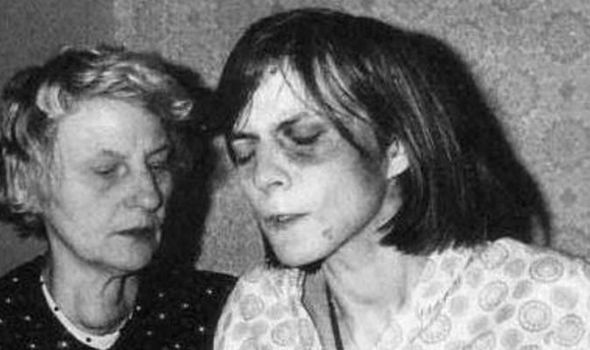
Following Anneliese’s death, her parents and the two priests were charged with negligent homicide. Her autopsy revealed she had broken teeth, bruised limbs and black eyes – but before she died the priests claimed to have seen stigmata on her hands and feet.
The highly publicized 1978 trial brought to light the complex dynamics of cultural and religious traditions, parental rights, and the state’s duty to protect citizens.
The court ultimately convicted all parties involved, sentencing them to six months in prison (suspended) and probation, a verdict that polarized public opinion.
Experts during the trial argued whether Anneliese’s death could have been prevented with compulsory medical care, raising enduring questions about the limits of religious freedoms and parental rights in the care of the mentally ill.
The Legacy of Anneliese Michel
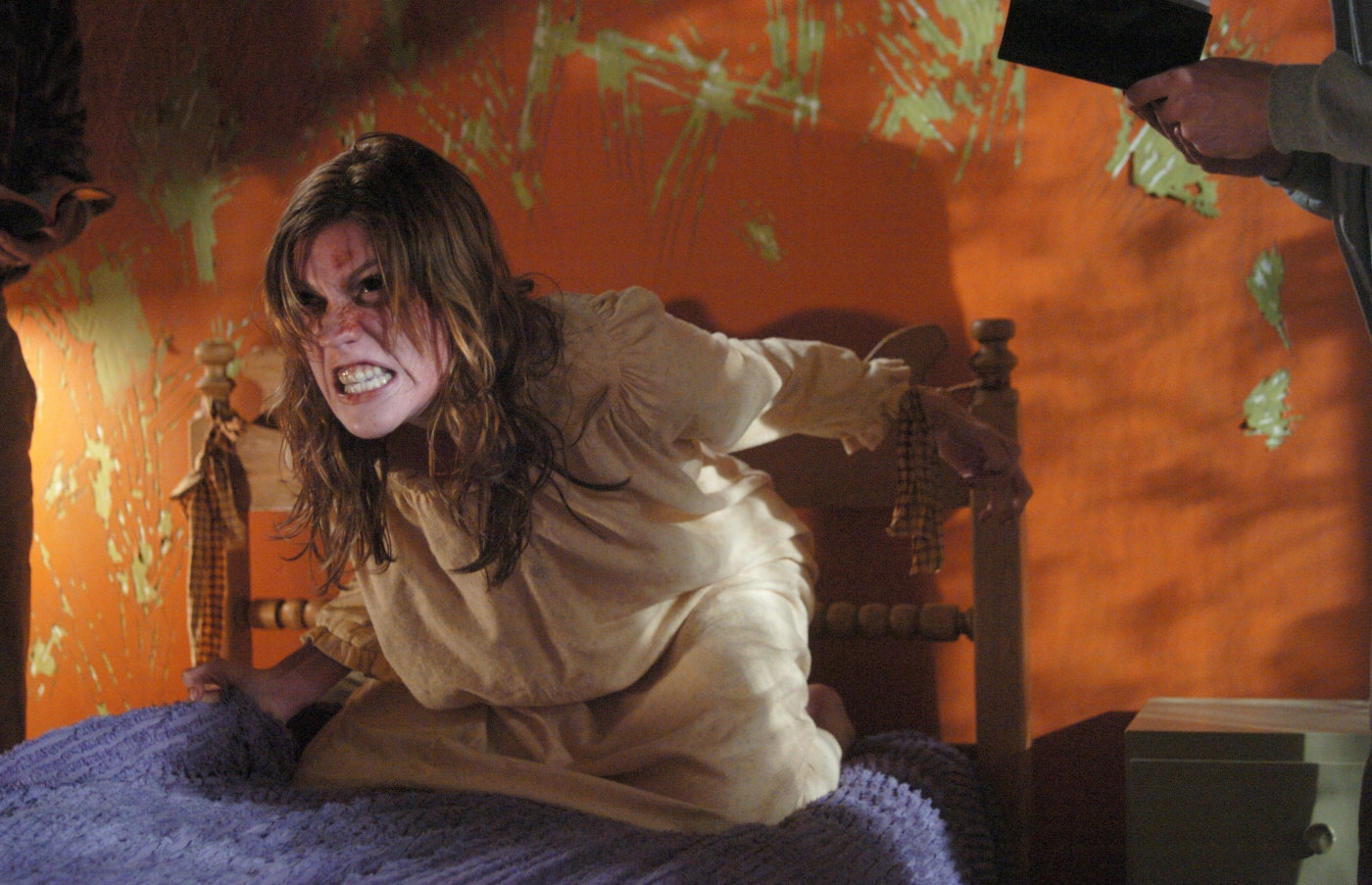
The impact of Anneliese Michel’s ordeal extends far beyond the immediate legal outcomes. It sparked a broader debate on the need for reforms in how society approaches mental illness, particularly within contexts heavily influenced by religious beliefs.
Moreover, her story inspired the 2005 film “The Exorcism of Emily Rose,” which further examined these themes, bringing them to a global audience.
Decades later, the tragic fate of Anneliese Michel serves as a reminder of the potential consequences when faith overshadows reason, and the crucial importance of a balanced approach that respects both medical knowledge and spiritual beliefs.
As societies continue to grapple with these issues, her story remains a poignant testament to the need for compassion and understanding in treating those who suffer from mental illnesses.

